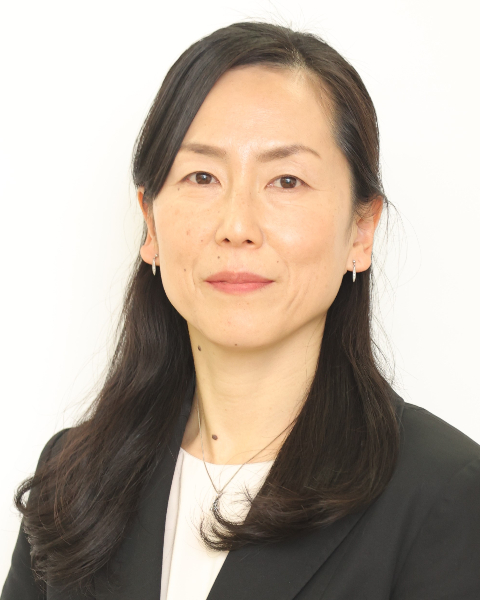Clinical Management
11 - PATIENT EDUCATION SUPPORT AND NEEDS AMONG PARENTS OF PATIENTS WITH KAWASAKI DISEASE: A REPORT FROM THE SMILE @ KD PROJECT

Shinobu Kobayashi, n/a
Researcher
National Center for Child Health and Development
Setagaya, Tokyo, Japan
Author(s)
Background: As Kawasaki disease (KD) mainly affects children in their early years, awareness and knowledge of the disease are important not only for patients with KD but also for their parents/guardians. However, the actual status and needs for patient education support for children as perceived by their parents are unknown in Japan.
Methods: In the Self-Management and Individual Learning @ Kawasaki Disease (SMILE@KD) project, we conducted a cross-sectional survey using an online system to develop a learning program for patients with KD and their parents/guardians. Parents/guardians of patients with KD were recruited from the Kawasaki Disease Parents Association and 26 nationwide medical institutions, where cooperation was obtained. We surveyed experiences with educational support during outpatient follow-ups after acute treatment and parents' support needs for patients. Responses to each question are presented descriptively as numbers and percentages.
Results: In total, 444 parents responded to the survey. The median patient age at diagnosis was two years (0‒12 years) and the median patient age was six years (0‒42 years). Sixty-six percent of parents received information about KD at the follow-up visit, with 34% of the explanations lasting less than 5 min. Fifty-eight percent of parents felt the need for educational tools for patients, and 5% said they were “not needed.” Parents wanted their children to learn about “what to be aware of at school and in society” and “the risk of developing diseases (e.g., lifestyle diseases) in the future.” Approximately 60% of the parents told their children that they had KD, nearly at the age of six.
Conclusion: A high proportion of parents received education and explanations about KD at the follow-up visit, but the amount of time spent explaining the disease may not be sufficient. Parents felt the need for educational materials for patients, and more than half of them explained KD to their children. Therefore, the development of materials to support the education of children with KD is desirable.
